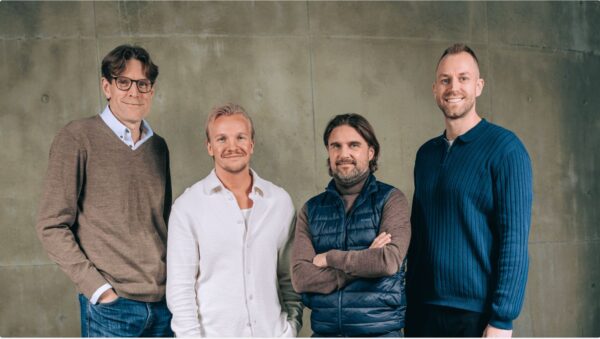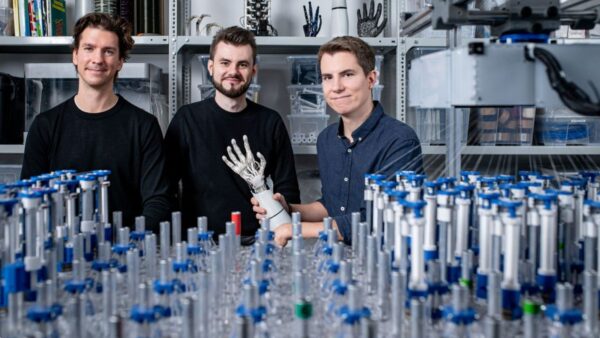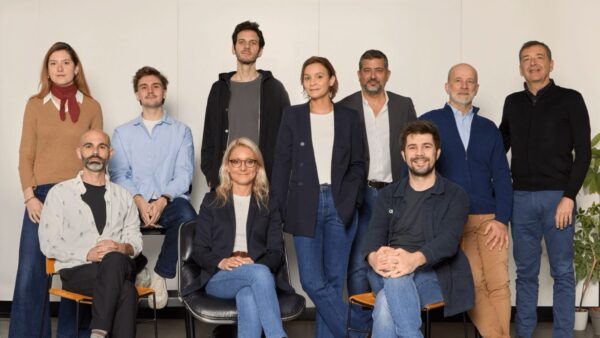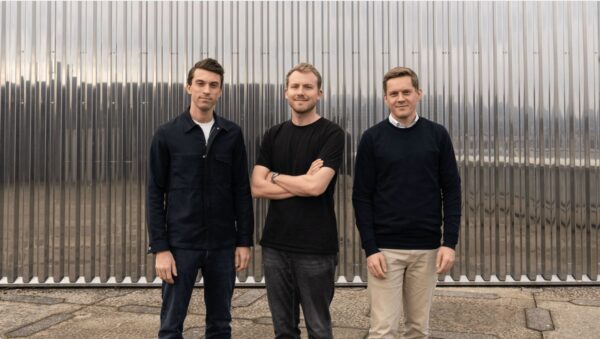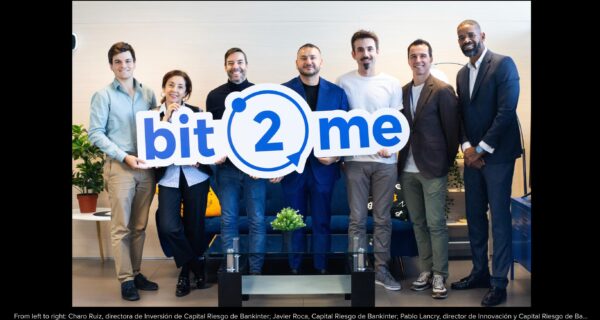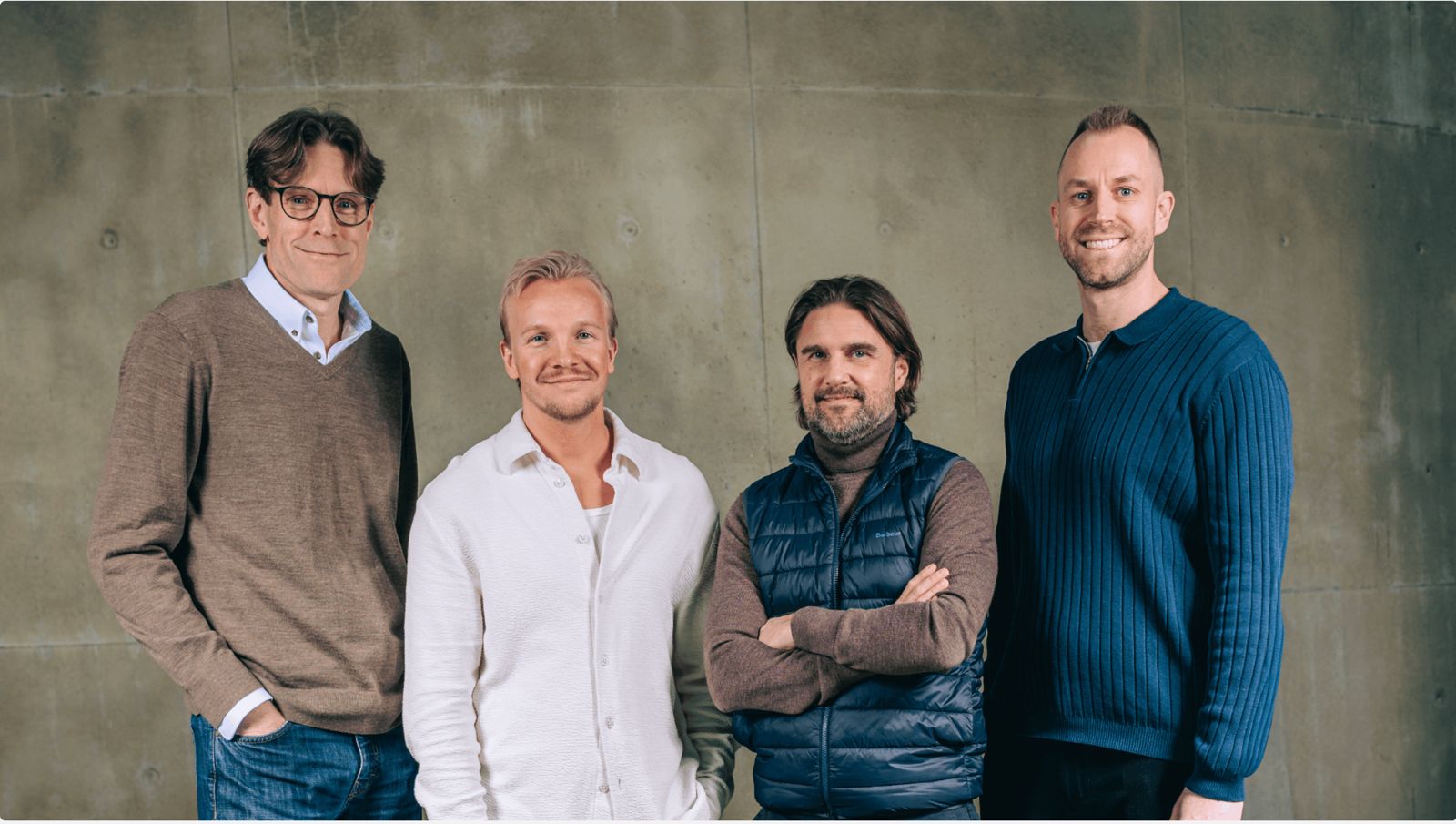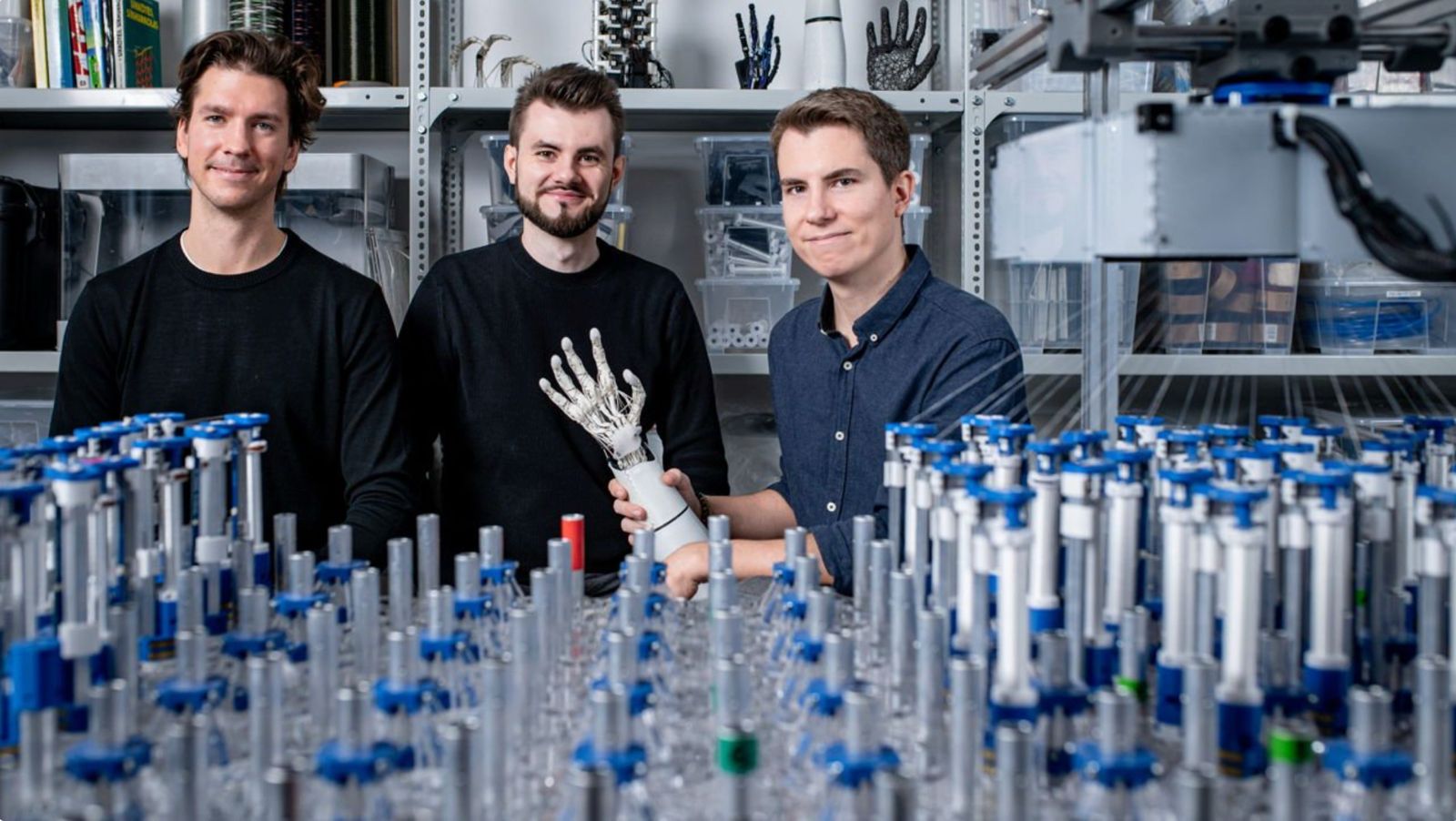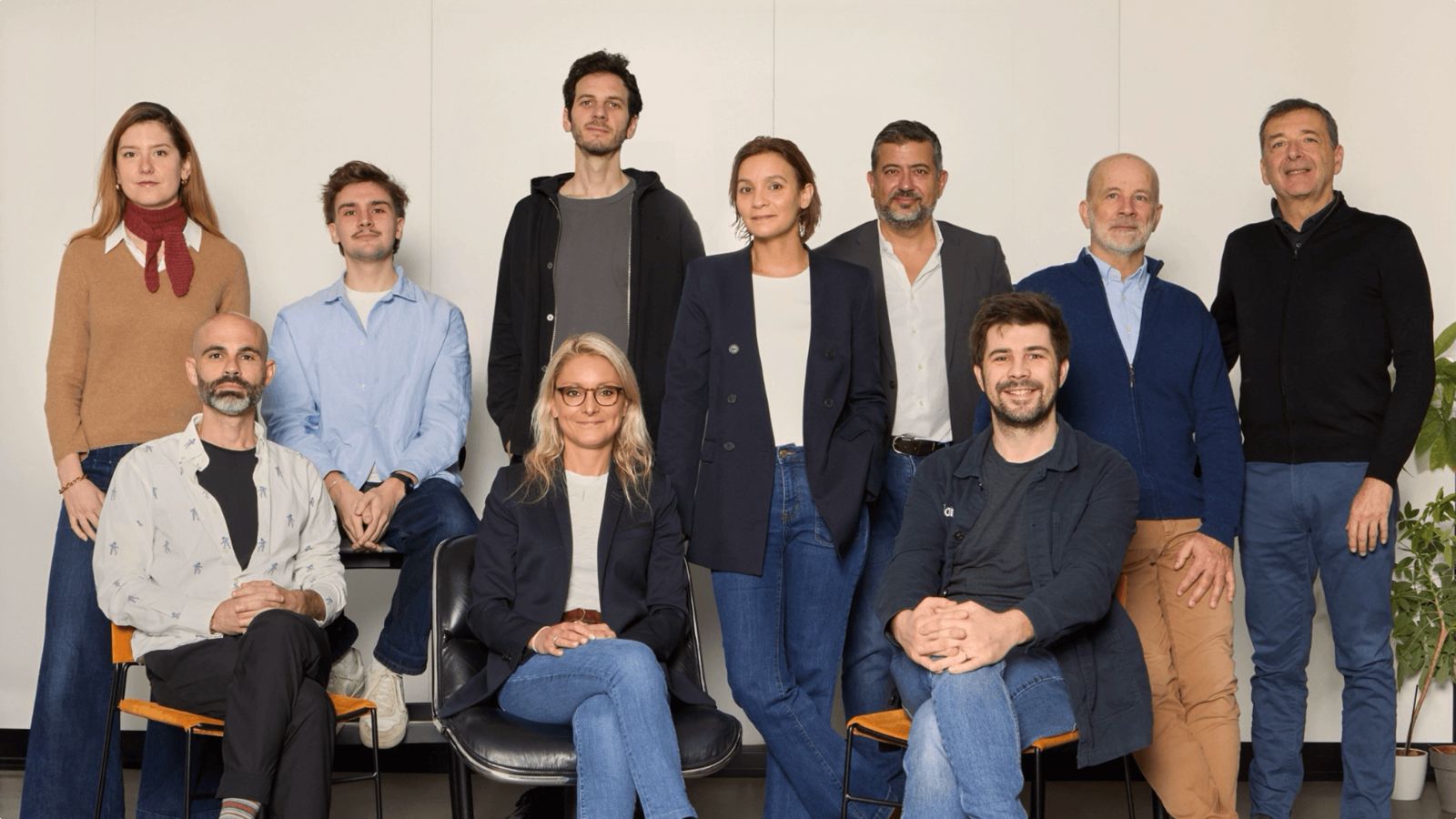In a signal that quantum computing is edging closer to commercial relevance, Stockholm-based quantum technology company FirstQFM has raised €1.2 million (13.1 million SEK) in pre-seed funding to advance its proprietary AI foundation models designed specifically for quantum hardware.
The round was led by BSV Ventures, with participation from Almi Invest, Further than Capital, and Luminar Ventures. The funds will support the company’s work in improving the performance of Noisy Intermediate-Scale Quantum (NISQ) devices—an essential step as the industry transitions from lab-scale experimentation to scalable enterprise applications.
“The funding will help support the further development of FirstQFM’s proprietary patent-pending technology, execution of ongoing pilot projects, and enable the usefulness of NISQ-era quantum machines,” said Vish Ramakrishnan, CEO and Co-founder of FirstQFM.
Founded by Ramakrishnan and Isaiah Hull, the startup is building machine learning foundation models that integrate directly with quantum devices to manage errors, improve calibration, and enhance overall machine performance. These foundational improvements are designed to work across different layers of the quantum stack, not just on a software level but in tight cooperation with hardware manufacturers.
“Our technology improves device performance, scalability, and availability. We are partnering directly with quantum hardware developers and will work with them on the path to fault tolerance,” said Isaiah Hull, Co-founder and CTO of FirstQFM.
FirstQFM’s value proposition hinges on making quantum systems viable for industries beyond academia. Quantum computing has long promised breakthroughs in domains like pharmaceuticals, finance, logistics, and climate modeling. However, the gap between theoretical potential and hardware reliability has remained wide. FirstQFM’s technology intends to narrow that gap by enabling better workloads on current-generation devices—without waiting for fully fault-tolerant quantum computers to arrive.
The company has already begun pilot collaborations with quantum hardware makers, and the early performance data has impressed its investors.
“The beauty of FirstQFM’s solution is the way it’s reshaping how quantum technology can be deployed to unlock customer value,” said Erik Bhullar, Partner at BSV Ventures. “By massively reducing the costs and time it takes to get outcomes and run workloads — eventually from any quantum hardware — it makes the powerful capabilities of quantum available to more industries.”
Other investors echoed this confidence. Peter Gullander, Fund Manager at Almi Invest, highlighted the company’s gains on superconducting quantum hardware, while Reid Jackson of Luminar Ventures emphasized its potential across multiple sectors. Stefan Lindeberg, Partner at Further than Capital, pointed to FirstQFM’s combination of intellectual property, technical depth, and global partnerships as key to its long-term impact.
Editorial Perspective: Quantum’s Next Leap May Not Be a Quantum One
Quantum computing’s trajectory is rarely linear. Unlike traditional software startups that iterate fast, the quantum world must juggle physics, engineering, and infrastructure at once. This is why FirstQFM’s approach is so notable: it isn’t building another qubit or trying to outcompete giants in hardware. Instead, it’s tackling the systemic inefficiencies that prevent existing quantum devices from becoming practically useful.
Their focus on foundation models—a concept borrowed from AI’s own evolution—is clever. In AI, foundation models provide general-purpose intelligence that can be adapted to specific tasks. FirstQFM is applying a similar abstraction to the quantum layer: a system that can learn from different hardware environments and optimize device performance accordingly. If successful, this approach could allow quantum workloads to become hardware-agnostic, scalable, and significantly cheaper to run.
Moreover, this is where commercial viability begins. As large enterprises continue to monitor the quantum space with cautious optimism, they’re waiting for enabling layers that let them run meaningful workloads without investing millions into niche hardware. FirstQFM could become that enabling layer—providing the connective tissue between today’s noisy machines and tomorrow’s reliable computing platforms.
Quantum’s long game is still uncertain. But companies like FirstQFM are quietly rewriting the rules—not by building the future outright, but by making the messy present more usable.
If you need further assistance or have any corrections, please reach out to editor@thetimesmag.com


